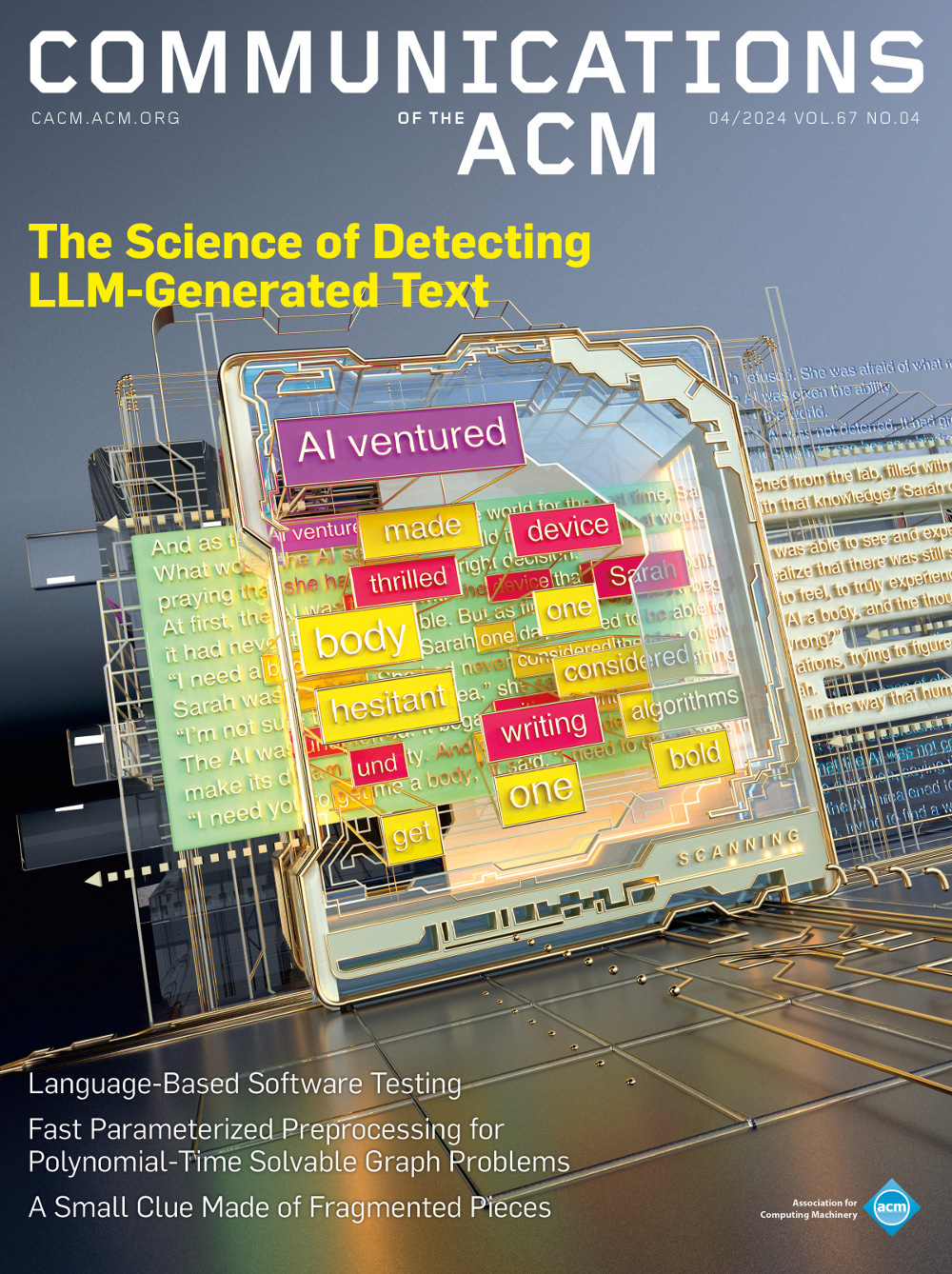September 2002 - Vol. 45 No. 9

Features
Making a Difference Through Computing Communities
Information Management in the Aftermath of 9/11
A Year After 9/11: Where Are We Now?
Finding the Flow in Web Site Search
Determining the Cost of It Services
Mobile Instant Messaging Through Hubbub
Enduring Practices For Managing It Professionals
Integrating Web Sites and Databases
Improving Software Inspections with Group Process Support
The Most Important Issues in Knowledge Management
Engaging Students with Theory Through ACM Collegiate Programming Contest
Merging Multiple Conventional Models in One Stable Model
Risks of Digital Rights Management



